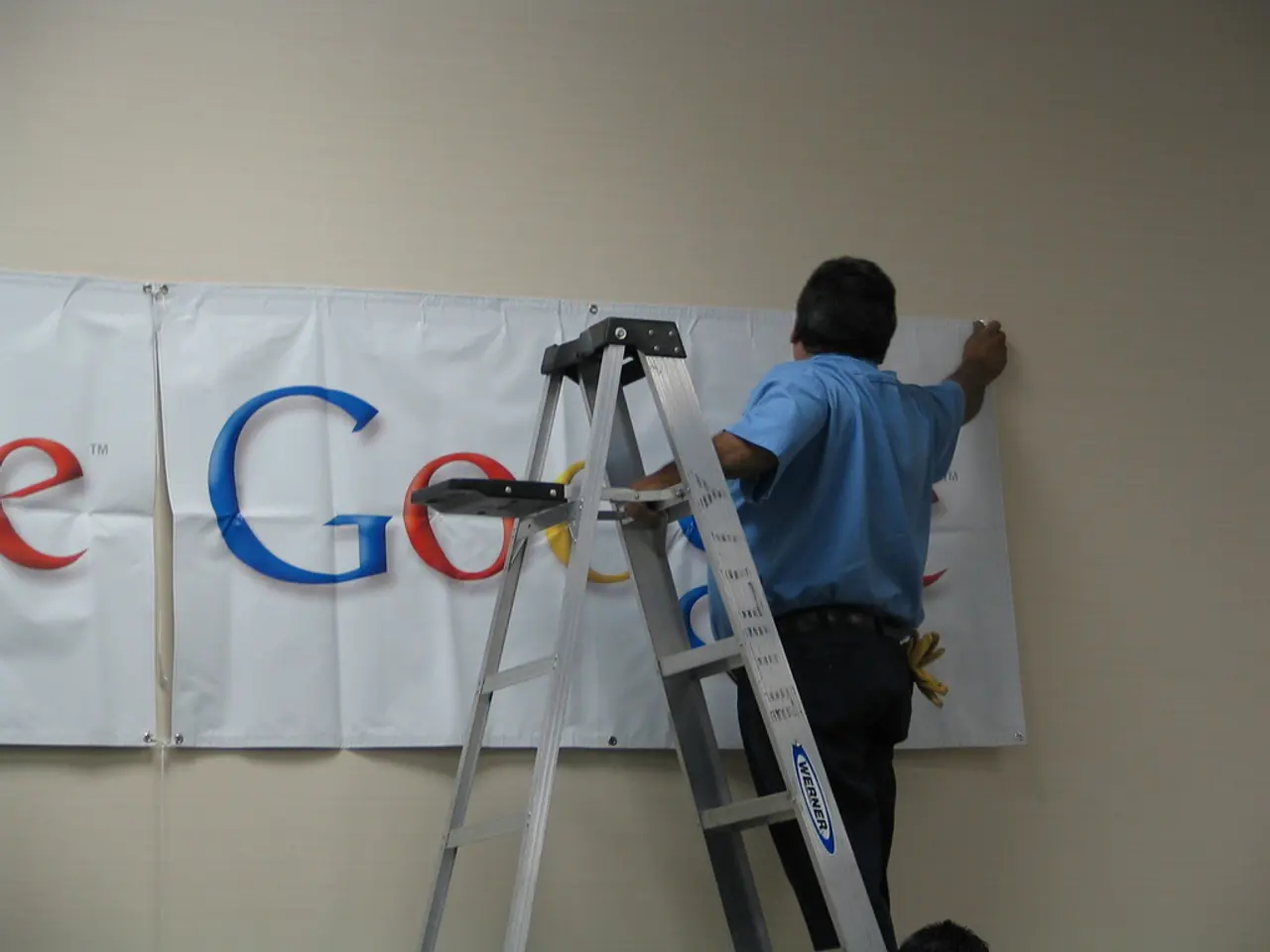Is the Practice of Link Building Still Significant for Search Engine Optimization?
In the digital landscape of 2025, link building remains a significant factor in Google's search ranking algorithm, but with a more nuanced role than in the past. The focus has shifted from sheer quantity of backlinks to their quality, relevance, and contextual appropriateness within the broader framework of user experience and content authority.
Backlinks are still a ranking factor, but no longer a numbers game. Instead, Google values a few authoritative, relevant backlinks over many low-quality ones. Links from niche-relevant and trustworthy sources carry more weight than generic or spammy links.
The algorithm now integrates backlinks as part of the E-E-A-T framework (Experience, Expertise, Authoritativeness, Trustworthiness). Backlinks contribute to signalling these qualities by coming from experienced authors, authoritative domains, and relevant contexts.
Google's 2025 algorithm emphasises user behaviour and engagement signals more than traditional link metrics. User satisfaction as measured by interaction with search results can outweigh even strong domain authority gained from backlinks.
Google actively penalises manipulative and black-hat link-building tactics, favouring natural, organic link profiles. Spammy backlink strategies are increasingly ineffective and risky, as recent updates focus on link spam detection and penalties.
The search algorithm now incorporates sophisticated AI and machine learning to understand the context and intent behind links and the content they support, making backlinks part of a larger, more complex quality evaluation system rather than a standalone ranking lever.
BuzzStream's 2024 State of Digital PR report found that more than 80% of digital PR professionals use digital PR to build backlinks and increase brand awareness. In 2025, link building should focus on creating linkable assets, building relationships, and digital PR to naturally attract links over time.
High-quality EEAT content should show experience, expertise, authoritativeness, and trustworthiness to attract links. Good SEO isn't just about accumulating links; it's about crafting relevant, high-quality content that naturally attracts links and delivering the best user experience possible.
A study by Internet Marketing Ninjas found that over 96% of websites in the top 10 of Google had at least 1,000 referring domains. Google continues to consider links as a factor in determining search rankings, making it essential for businesses to prioritise link building as part of their overall SEO strategy.
Regular technical SEO audits can help find and fix broken links to improve the user and search experience. Google's Disavow Tool can be used to notify the algorithm of poor-quality links pointing to a website, and having an SSL certificate for secure browsing can help increase trust in a website. Social monitoring tools can help track and manage online brand mentions to ensure they contribute positively to a brand.
In summary, while backlinks in 2025 are still important, their role is integrated into a more holistic assessment of content quality, user experience, and trustworthiness. Ethical, relevant, and contextually meaningful backlinks combined with high-quality content and positive user engagement define successful ranking strategies today. Outdated quantity-focused link-building approaches no longer suffice and can lead to penalties.
The digital PR professionals in 2025 utilize link building strategies to boost brand awareness and create linkable assets, recognizing the shifting focus from a numbers game to authoritative, relevant backlinks. (link building, technology)
Google's algorithm in 2025, with its integration of AI and machine learning, assesses the context and intent behind links to maintain the quality of search results, making technology a crucial component in modern link-building approaches. (link building, technology)




